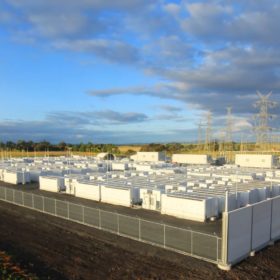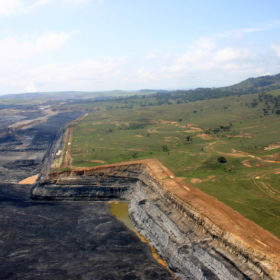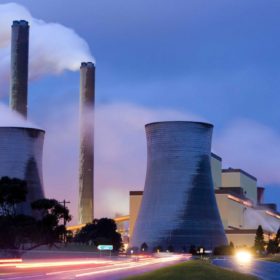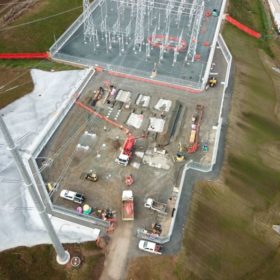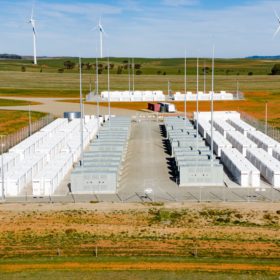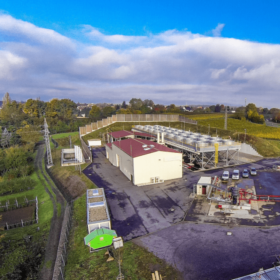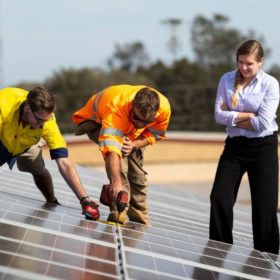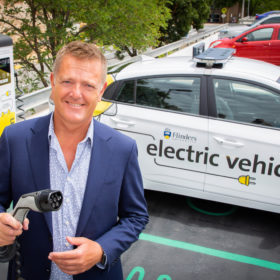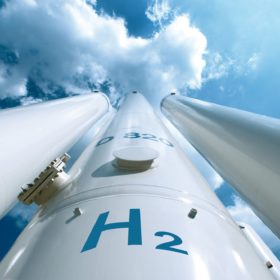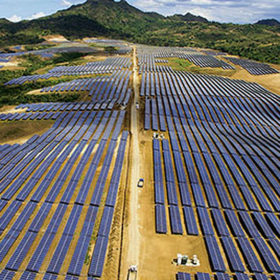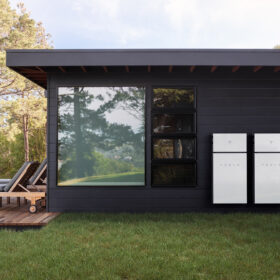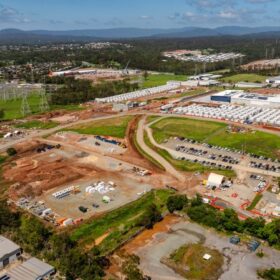PwC launches sector-specific advisory unit
With new modelling by PricewaterhouseCoopers Australia revealing that businesses will spend $3.7 billion on advisory services supporting their transition to a clean economy by 2030, the firm has launched a new unit designed to help facilitate the nation’s successful transition to a decarbonised economy.
Coal plant closures adds sense of urgency to energy transition
The quickening exit of coal-fired generation from Australia’s energy mix – with 60% of capacity expected to be withdrawn from the National Electricity Market by 2030 – has emphasised the need for significant investment in renewable energy generation, storage, transmission, and system services.
Canadian fund manager snaps up stake in AGL Energy
Australian energy giant AGL Energy has revealed that Canadian fund manager Brookfield Asset Management has acquired a more than 2.5% stake in the power producer, renewing speculation it may mount a fresh tilt to take over the company.
AEMO reveals new roadmap for rapid switch to renewables
The Australian Energy Market Operator has declared approximately $12.7 billion of investment in new transmission lines should begin “as urgently as possible” to accelerate the transition to renewable energy and energy storage, replace exiting coal-fired power plants, and deliver a more efficient and effective grid in eastern and south-eastern Australia.
Tesla big battery operator fined for power rules breach
The operator of the 150 MW/193 MWh Hornsdale Power Reserve in South Australia has been fined $900,000 after being sued by the Australian Energy Regulator for failing to deliver on its promise of providing services essential to maintaining the stability of the power grid.
Aussie company’s ‘zero carbon’ lithium project tantalises European markets
ASX-listed company Vulcan Energy announced a $76 million equity investment from one of the globe’s top five automakers, Stellantis, which owns brands like Peugeot, Citroen, Fiat, Chrysler and Opel. The deal, Vulcan managing director Francis Wedin told pv magazine Australia is one of number in the works as the European market clambers to secure not just lithium, but sustainably produced lithium, from the Aussie company. Wedin explains precisely how the company’s novel lithium extraction method works and why it finally affords properly green credentials a vital battery resource.
How the new round of SRES changes will alter the makeup of Australia’s solar industry
The Clean Energy Regulator has outlined the second round of changes coming to Australia’s solar rebate program, the small-scale renewable energy scheme (SRES). They primarily involve changing which body will manage solar designer and installer accreditations and who will publish approved solar panel and inverter equipment lists – both of which have formerly been the remit of the Clean Energy Council.
New V2G chargers progress Flinders University’s ‘virtual battery’ vision
South Australia’s Flinders University has installed 20 vehicle-to-grid (V2G) chargers to fully utilise the battery capacity of its growing electric vehicle fleet. It plans to use the distributed EV fleet to supply power to the campus grid in the evening. The initiative is supported by $350,000 (USD 220,000) of funding from the state government.
ReNu’s first ‘tangible’ hydrogen project announced for Tasmania
A green hydrogen production facility planned for Brighton, Tasmania, is progressing with its developer, Countrywide Renewable Hydrogen, owned by ReNu Energy, announcing it has an option to lease its identified site and has drawn up a term sheet with a local contractor.
Philippines allocates 1.57 GW of solar in 2 GW renewables auction
The main winner of the first renewables auction in the Philippines was developer Solar Philippines Nueva Ecija Corp. (SPNEC), which secured five solar projects, or 1.35 GW of capacity.
